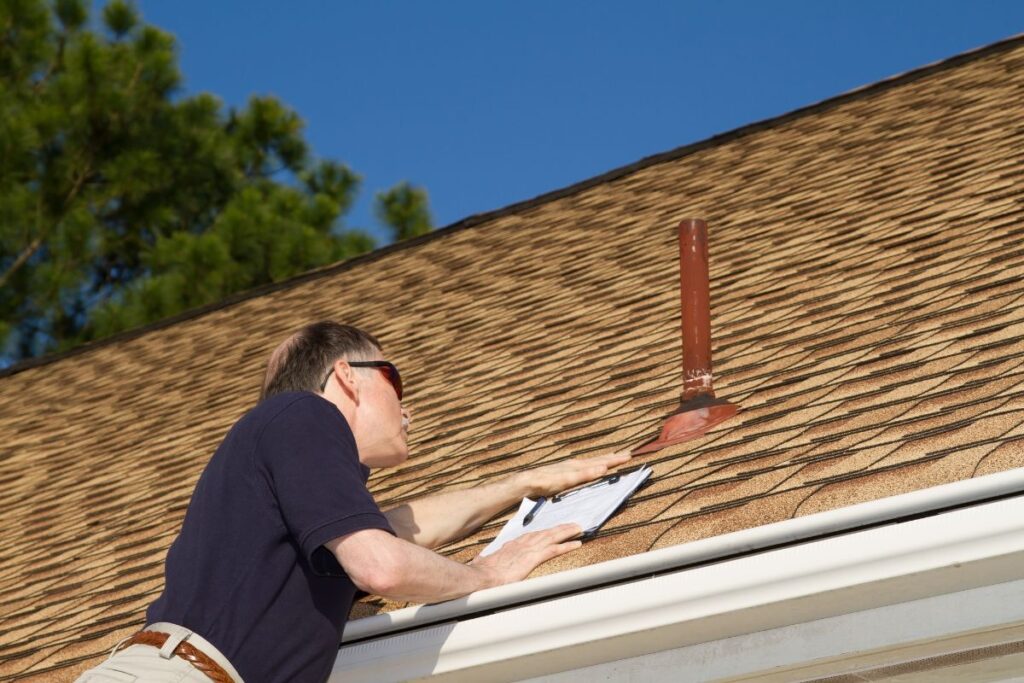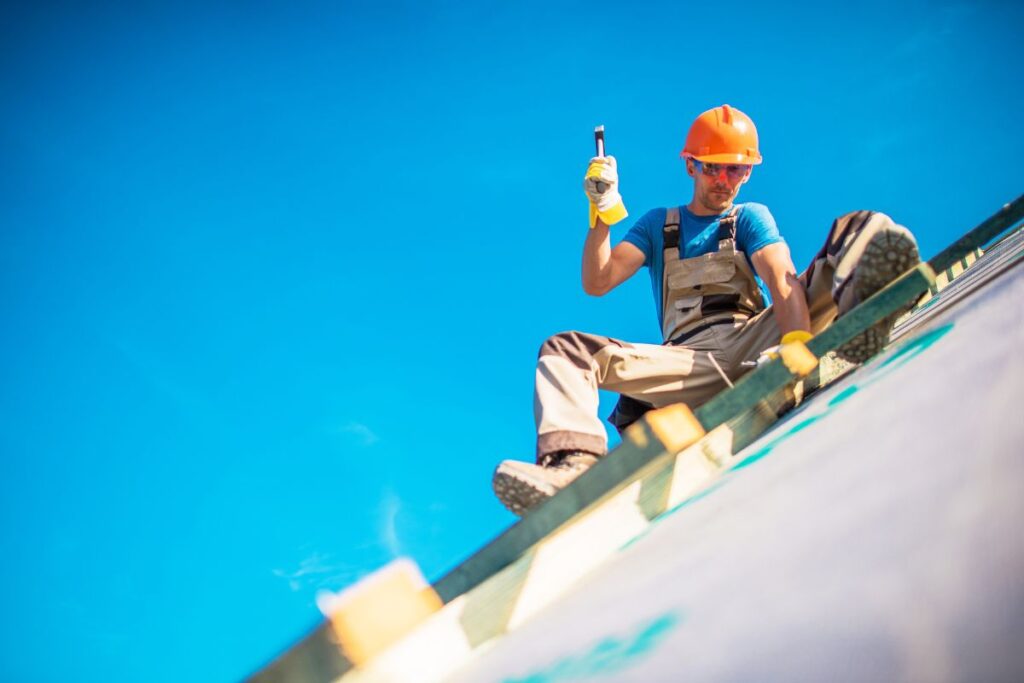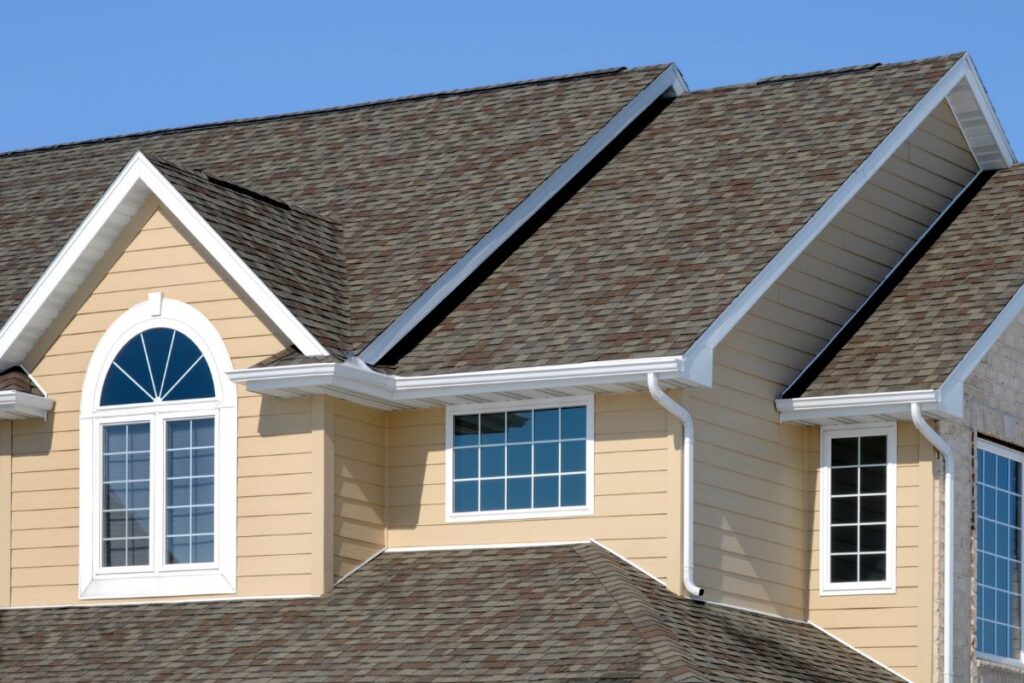Choosing the right roofing material for your home is a significant decision that affects your home’s aesthetic appeal, durability, and value. One key factor to consider is the lifespan of the roofing material. This article provides an overview of the expected lifespan of some common residential roofing materials.
- Asphalt Shingles
Asphalt shingles are the most popular roofing material in the United States due to their affordability and easy installation. The lifespan of asphalt shingles ranges between 15 to 30 years, depending on the quality of the shingles and the local climate.
- Metal Roofs
Metal roofs are durable, fire-resistant, and effective at reflecting solar heat, which can help reduce cooling costs. They typically last between 40 to 70 years. However, their longevity also depends on the type of metal used, with materials like copper and zinc lasting even longer.
- Wood Shingles and Shakes
Wood shingles and shakes offer a natural and rustic look to homes. They generally last about 20 to 30 years but can last longer with regular maintenance and in suitable climates. They are, however, more susceptible to fire and need to be treated with a fire retardant.
- Slate Roofs
Slate is a high-end roofing material known for its elegant appearance and durability. It’s also the longest-lasting roofing material, with a lifespan of 100 years or more. However, it’s heavy and requires a strong support structure.
- Tile Roofs
Tile roofs, either clay, concrete, or sandcast, are known for their longevity and durability. They can last between 50 to 100 years or more. Like slate, they are heavy and may require additional structural support.
- Flat Roofs
The lifespan of flat roofs depends on the material used. Membranes like TPO (Thermoplastic Olefin) and EPDM (Ethylene Propylene Diene Monomer) typically last between 15 to 20 years. Built-up roofs (BUR) can last 20 to 30 years, while PVC (Polyvinyl Chloride) roofs have a lifespan of about 20 years.
Remember, the lifespan of any roofing material is highly dependent on the installation process, regular maintenance, and local weather conditions. A properly installed and maintained residential roof will generally last longer. It’s always recommended to have your roof inspected by a professional regularly to ensure its longevity and optimal performance.


